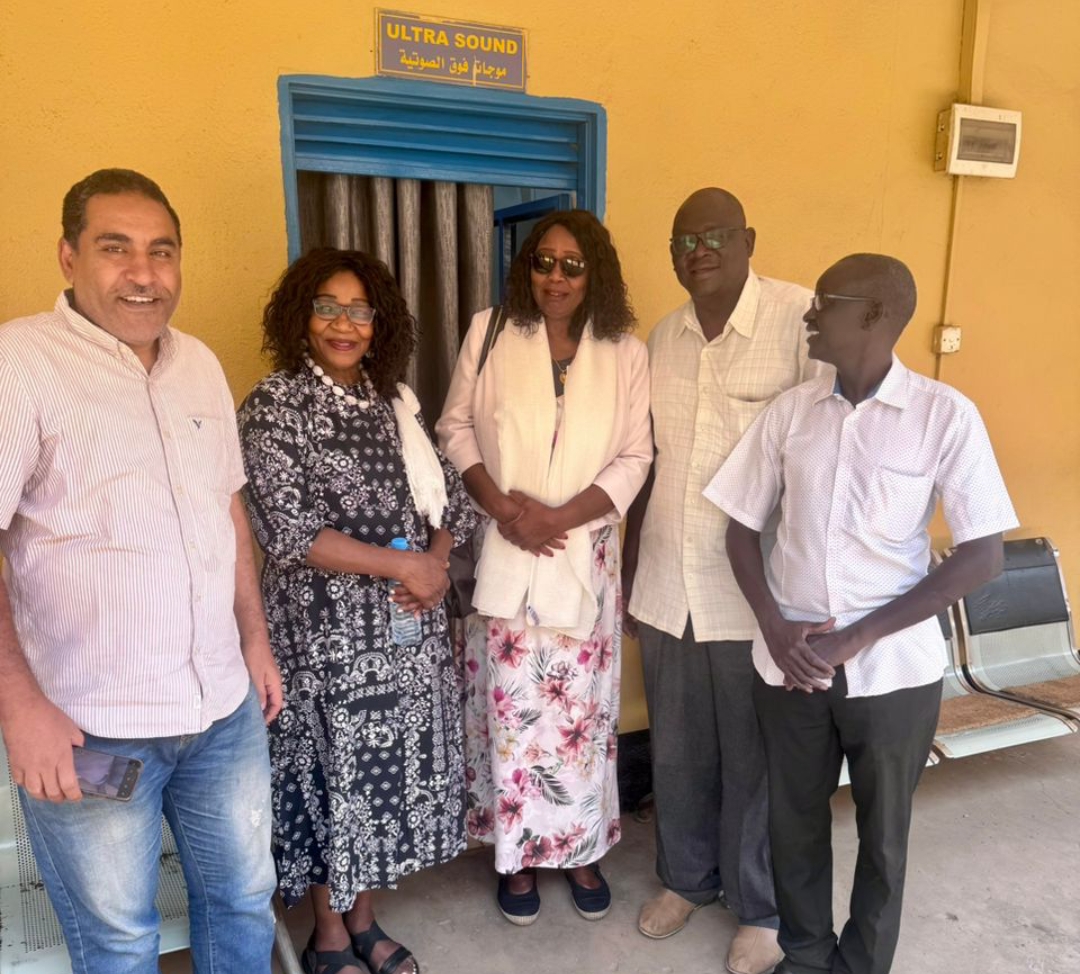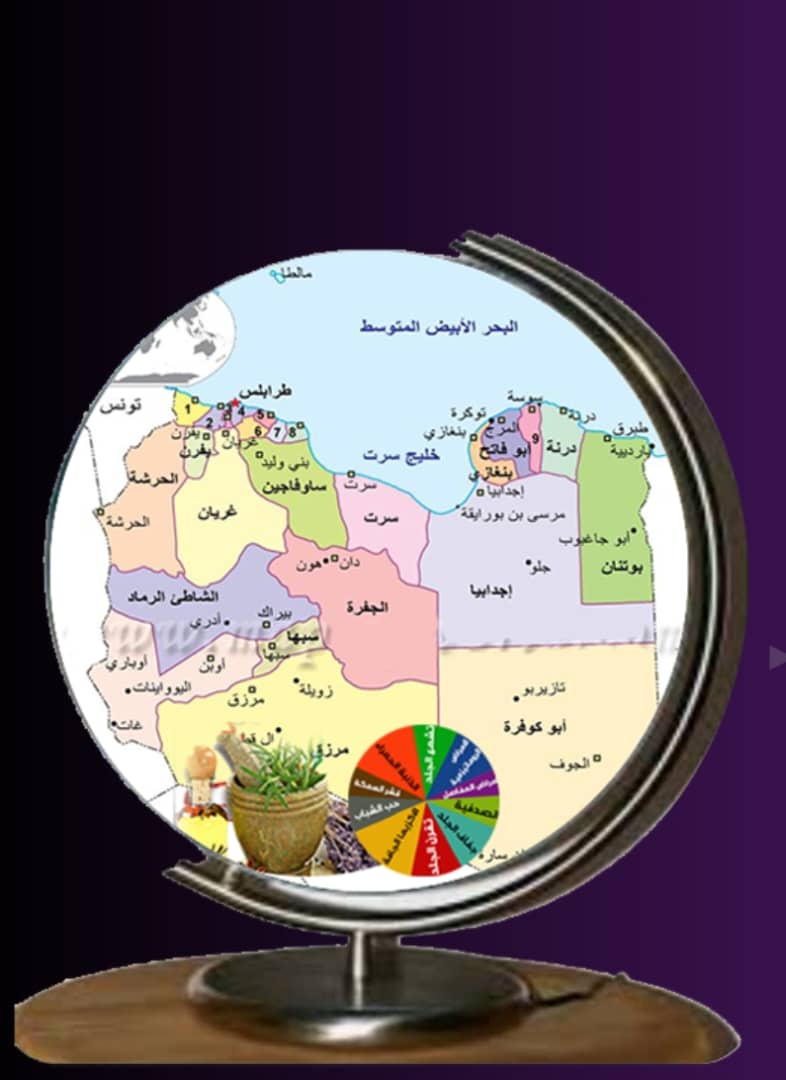Strengthening Child Nutrition and Food Security in South Sudan: Investing in a Healthy Future

Author: Dil-Mohamed A. Dr Hossain A.
Introduction
Child nutrition is fundamental to national development, public health, and long-term economic growth. In South Sudan, improving the nutritional status of children under five is a key priority as the country works towards recovery and resilience. Malnutrition remains a leading cause of child morbidity and mortality, contributing to stunting, underweight, and micronutrient deficiencies (World Health Organization [WHO], 2024). Ensuring access to adequate food, improving feeding practices, and building syst...
Current Situation of Child Nutrition in South Sudan
According to recent data, over one-third of children under five in South Sudan are stunted due to chronic undernutrition, while acute malnutrition remains prevalent in many communities (UNICEF, 2024). The challenges are compounded by poverty, limited access to healthcare, and disruptions caused by conflict and displacement. Food insecurity affects more than half of households, particularly during the lean season, leading to inadequate dietary diversity and poor maternal nutrition (World Bank, 2025).
Breastfeeding rates are relatively high, but exclusive breastfeeding for the first six months is not consistently practiced. Complementary feeding often begins too early or too late, and many families lack access to nutrient-rich foods. These patterns highlight the need for targeted education and support for mothers, alongside efforts to improve food systems and community resilience.
Climate Change, Agriculture, and Food Security
South Sudan’s climate is highly variable, with frequent droughts and floods disrupting agriculture and livelihoods. Climate change has intensified these patterns, reducing crop yields and limiting access to safe water and grazing land (Food and Agriculture Organization [FAO], 2025). As a result, rural households that depend on subsistence farming face increasing food shortages. Women and children are disproportionately affected, as they are often the last to eat when food is scarce.
Addressing the intersection of climate and nutrition requires coordinated action. Promoting climate-smart agriculture—such as drought-resistant crops, irrigation systems, and post-harvest storage—can strengthen local food security. Integrating nutrition-sensitive agriculture into community programmes ensures that farming contributes directly to better diets. Government and partners can also invest in early warning systems and social protection schemes to support families during food crises.
Promoting Maternal Nutrition and Infant Feeding Practices
Maternal health and child nutrition are deeply interconnected. Well-nourished mothers are more likely to have healthy pregnancies and children. Strengthening antenatal and postnatal nutrition counselling can help mothers understand the importance of balanced diets, exclusive breastfeeding, and timely complementary feeding (UNESCO, 2024). Community health workers play a vital role in this effort, delivering guidance and support to mothers at household level.
Nutrition education in schools and community groups can also empower young people with knowledge about healthy diets and hygiene. Engaging fathers and community leaders in promoting breastfeeding and infant nutrition can further strengthen family and societal support for positive practices. These interventions can be expanded through local NGOs, women’s associations, and primary healthcare networks.
Health Systems, Policy, and Partnerships
Nutrition improvement requires coordinated policy and system-level support. The Ministry of Health, in collaboration with the Ministry of Agriculture and Food Security, has launched several initiatives under the National Nutrition Policy Framework (Ministry of Health South Sudan, 2023). Aligning these programmes with health sector planning ensures that nutrition remains a central component of primary healthcare delivery.
Partnerships with UN agencies, international donors, and local civil society continue to play a vital role in delivering nutrition services and strengthening local capacity. Data-driven monitoring and community participation can ensure accountability and sustainability. Investing in local food production, education, and women’s empowerment offers a long-term pathway to reducing malnutrition and poverty.
Recommendations for Sustainable Action
1. Strengthen Nutrition Education and Awareness:
Integrate nutrition messages into school curricula, radio programmes, and community outreach to improve dietary practices and infant feeding.
2. Promote Climate-Smart Agriculture:
Support smallholder farmers with training, inputs, and irrigation to adapt to climate variability and enhance local food security.
3. Enhance Maternal and Child Nutrition Services:
Expand antenatal and postnatal nutrition counselling, breastfeeding promotion, and community-based growth monitoring.
4. Improve Coordination Across Sectors:
Foster collaboration between the Ministries of Health, Agriculture, and Education to integrate nutrition into national development plans.
5. Strengthen Social Protection and Early Warning Systems:
Implement safety nets and early response mechanisms to protect vulnerable households during periods of food insecurity.
These recommendations build upon existing frameworks and highlight the importance of multisectoral collaboration. With adequate investment, community engagement, and climate resilience strategies, South Sudan can make significant progress toward ending child malnutrition.
Conclusion:
Child nutrition and food security are cornerstones of sustainable development and human capital growth. By addressing the combined challenges of undernutrition, poverty, and climate impact, South Sudan can build a healthier and more prosperous future. The path forward lies in education, collaboration, and resilience—empowering communities to grow, nourish, and thrive. A united effort from government, partners, and citizens will ensure that every child in South Sudan has the opportunity to reach their fu...
References
Food and Agriculture Organization (FAO) (2025) Climate Change and Food Security in Eastern Africa: Regional Outlook. Rome: FAO.
Ministry of Health South Sudan (2023) National Nutrition Policy Framework 2023–2027. Juba: Government of South Sudan.
UNESCO (2024) Nutrition Education and School Health in Africa. Paris: UNESCO.
UNICEF (2024) South Sudan Nutrition and Food Security Annual Report. Juba: UNICEF South Sudan.
World Bank (2025) Strengthening Food Systems in Fragile Contexts: South Sudan Case Study. Washington, D.C.: World Bank Group.
World Health Organization (WHO) (2024) Global Nutrition Report: South Sudan Country Profile. Geneva: WHO.







.jpg)








